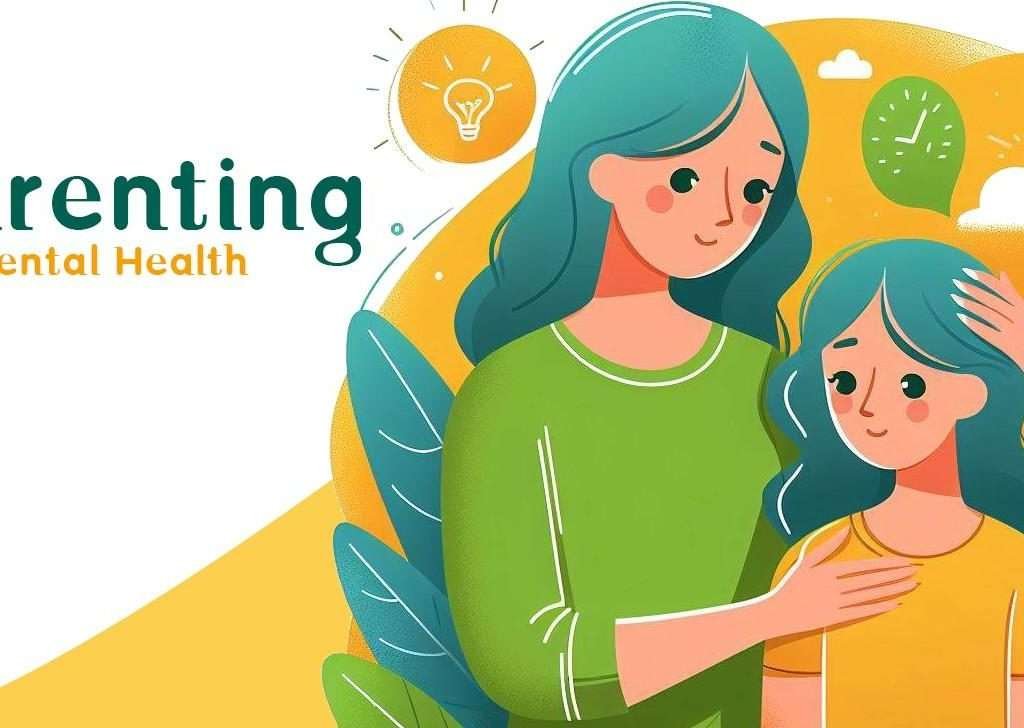Key Aspects of Parenting Mental Health
Parenting mental health refers to the psychological and emotional well-being of individuals who are parents or caregivers. It encompasses the mental health aspects related to the challenges, responsibilities, and joys associated with raising and nurturing children. The mental health of parents plays a crucial role in the overall family dynamics and the well-being of both parents and children. Key aspects of parenting mental health: Stress Management: Parenting can be demanding, and managing stress is essential for mental well-being. Stressors may include balancing work and family life, financial pressures, and the everyday challenges of parenting. Emotional Resilience: Parents need emotional resilience to navigate the ups and downs of parenting. This involves the ability to adapt to changes, cope with challenges, and bounce back from setbacks. Self-Care: Taking care of one’s own mental health is vital for effective parenting. This includes prioritizing self-care activities, setting boundaries, and recognizing when to seek support. Communication Skills: Effective communication with children and other family members is crucial for maintaining positive relationships. Good communication contributes to a supportive and nurturing family environment. Parent-Child Bonding: Building and maintaining a strong emotional connection with children is essential for their development. Positive parent-child relationships can have a significant impact on a child’s mental and emotional well-being. Coping Strategies: Parents need healthy coping mechanisms to deal with the challenges they face. This may involve problem-solving skills, seeking support from others, and utilizing stress-reducing techniques. Balancing Responsibilities: Finding a balance between parenting responsibilities, work, personal life, and self-care is crucial for mental health. Overwhelming demands on a parent’s time and energy can contribute to stress and burnout. Social Support: Having a supportive network of friends, family, or parenting communities can provide emotional support, advice, and a sense of connection, which is beneficial for mental health. Parental Mental Health Awareness: Recognizing and addressing mental health issues, such as depression, anxiety, or postpartum depression, is essential. Seeking professional help when needed is a responsible and proactive approach to maintaining mental health. Modeling Healthy Behavior: Parents serve as role models for their children. Demonstrating healthy mental health practices and coping mechanisms sets a positive example for children to follow. Promoting positive parenting mental health contributes not only to the well-being of parents but also to creating a nurturing and supportive environment for children. It involves acknowledging the challenges of parenting, seeking support when necessary, and prioritizing mental health as an integral part of overall family health and happiness. How does parenting affect mental health? Parenting can have a profound impact on mental health, influencing both the psychological well-being of parents and the overall family dynamics. The relationship between parenting and mental health is complex and can be influenced by various factors. It’s important to note that the impact of parenting on mental health is highly individual, and not all parents will experience the same challenges or benefits. Positive coping mechanisms, social support, self-care practices, and seeking professional help when needed are essential for maintaining good mental health while navigating the complexities of parenthood. Additionally, being aware of and addressing mental health concerns is crucial for creating a positive and nurturing family environment.
Key Aspects of Parenting Mental Health Read More »

